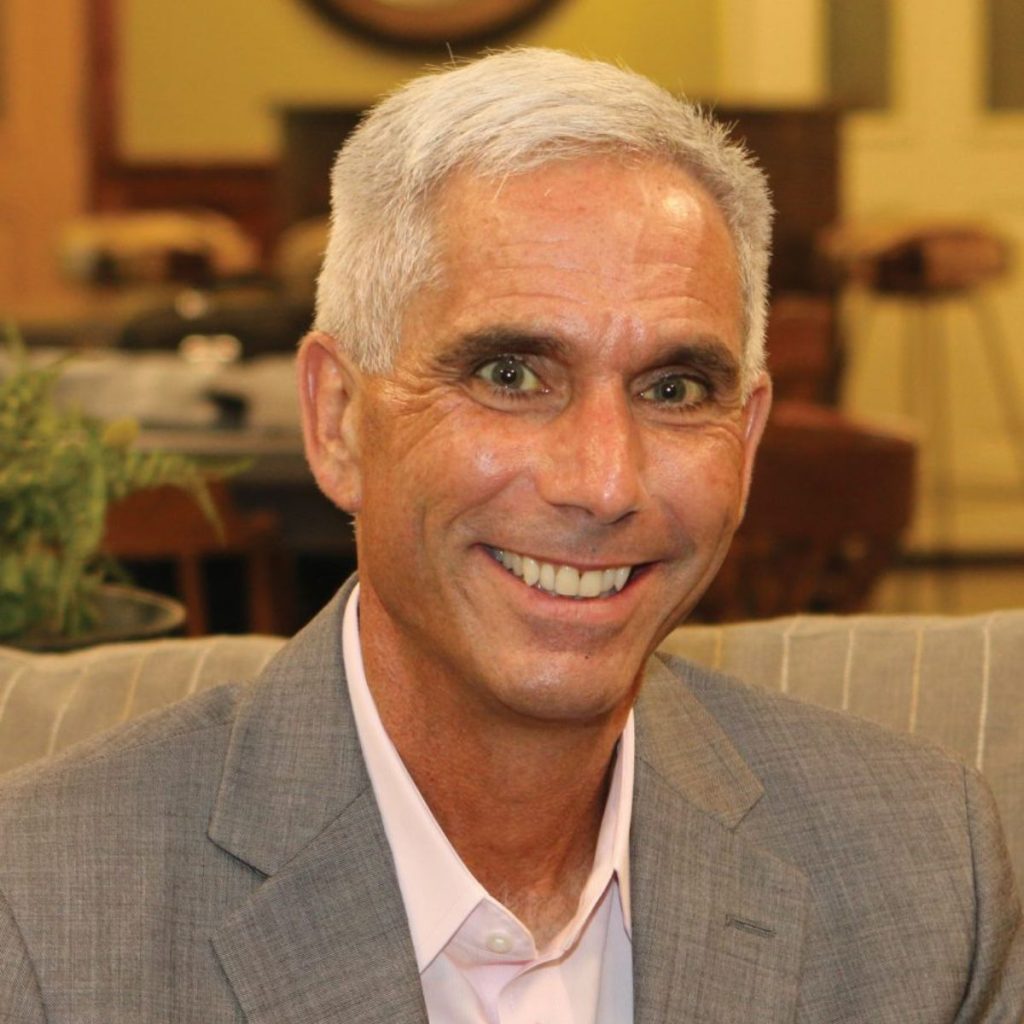By Dave Galbenski
Confronting adversity, whether in the business realm or our personal lives, can enable individuals to reach deep within themselves and make important discoveries. For me, three lessons emerged while dealing with a rare autoimmune disease:
- Committing to a mindset. In October 2013 I was diagnosed with primary sclerosing cholangitis (PSC), which leads to end-stage liver disease. In facing this, my wife, Lynn, and I decided to embrace a mindset of abundance rather than scarcity. We did so because we felt it would create more opportunities to be in the moment and to experience life. As things progressed, being very intentional about our mindset became both an important decision and tool. A tool, because even though you may decide to take a certain course of action, the emotions you feel along that journey are not going to align 100% with your intentions. Yet committing to a mindset of abundance gave us clarity, and when we started to veer toward scarcity, we were able to quickly recognize it was the wrong direction and course correct — without beating up ourselves or others.
- The power of vulnerability. To increase my odds of surviving liver disease, I chose to pursue two paths: The first was to be added to the long list of individuals eligible to receive the gift of life from a deceased organ donor. The second was to pursue finding a living donor. Lynn and I worked to get out the word to our family and friends that we needed help and, if they were interested, educate them about the process for becoming a potential living donor. In doing so, I experienced some uncomfortable self-talk: Was I worthy of asking someone to donate a liver to me? Would I be judged for making the ask? What if I didn’t get the answer I expected? Yet despite my discomfort about asking for help, I learned that people were, indeed, willing to step forward and be part of a solution — something that wouldn’t have happened if I hadn’t allowed myself to be vulnerable.
In the business world, leaders can leverage the power of vulnerability by recognizing that they don’t have all the answers. Granted, if it’s not a life-and-death scenario like mine was, you may be less willing to be open and admit you need help. Yet it can open up some really interesting possibilities that wouldn’t have been created otherwise.
- Realistic positivity. In his book “Good to Great,” Jim Collins writes of Admiral Jim Stockdale, who spent nearly eight years in a North Vietnamese prisoner-of-war camp. Stockdale chalks up his survival not to sheer optimism, but rather to dealing squarely with brutal facts — and still having faith he would prevail. Applying this to my situation, I came up with two words to encapsulate the Stockdale paradox: realistic positivity. This is the ability to acknowledge that what I was facing was pretty harsh, but I would still move forward with a positive outlook.
In summary, these three concepts have become great filters that I now use to view every problem or challenge. I recognize that while I may not be perfect at applying these constructs, they will give better odds to live and grow from the adversity and come out on the other side. They don’t obliterate fear or anxiety, but they certainly minimize negative thinking, which allows me to approach things with more confidence and less attachment to outcomes.
Similarly, business leaders are never going to be able to eliminate difficult times, but you do have the ability to move through adversity more quickly and spend more time on productive things.
